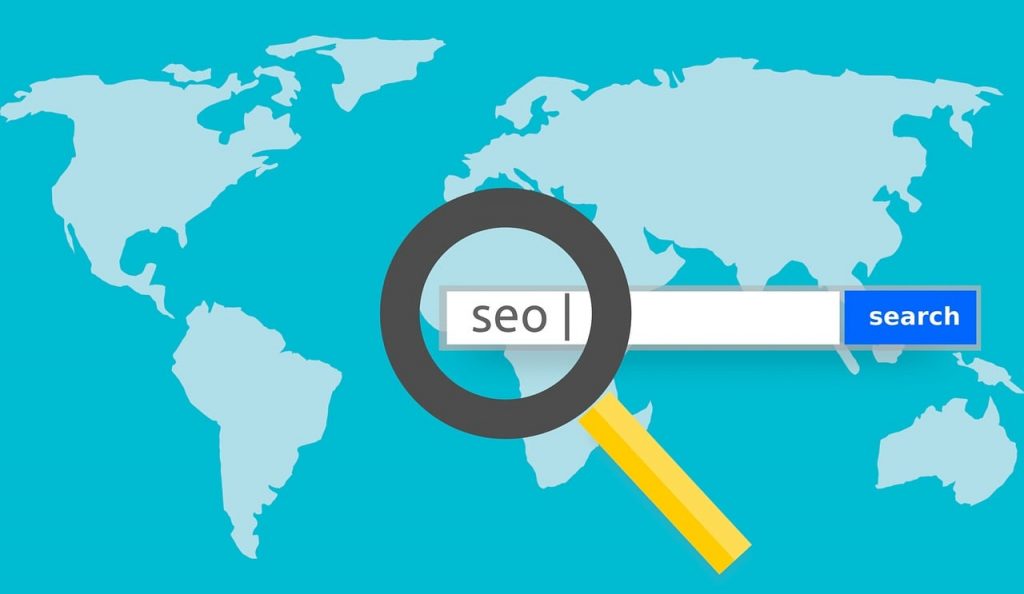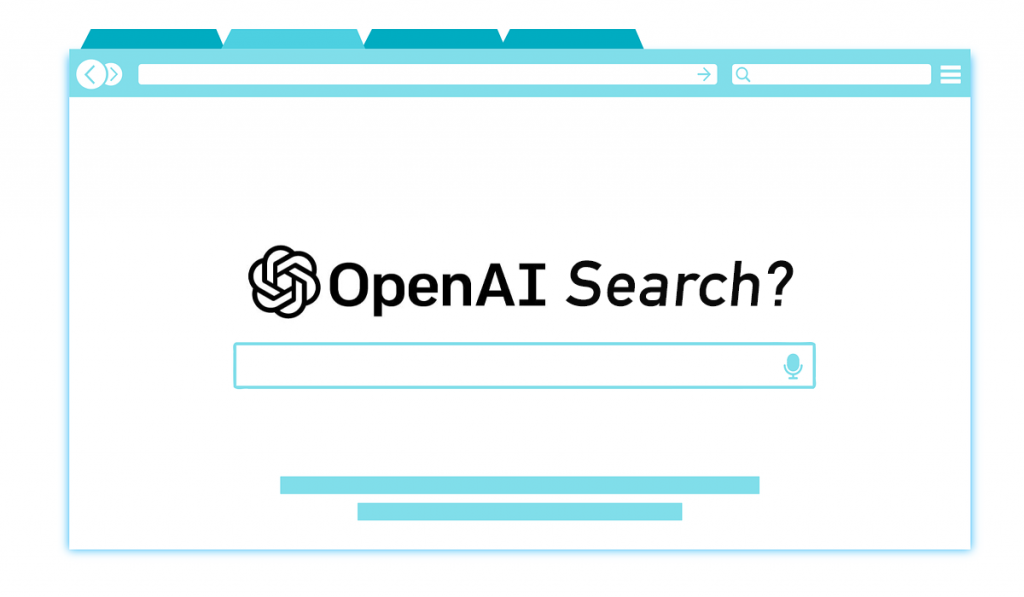OpenAI, the well-known AI startup behind ChatGPT, appears to be making its move into the search engine arena. Reports indicate that OpenAI is working on incorporating search functionality directly into ChatGPT, aiming to challenge Google’s dominance in this market.

OpenAI Search Engine: Early Rumors
Some key details that have emerged so far about OpenAI’s search engine plans:
- The feature would allow users to pose queries to ChatGPT and receive responses that integrate information from sources across the web as well as citations, summaries, and even visual aids like diagrams. This mirrors the experience people expect from a traditional search engine.
- A webpage for “search.chatgpt.com” was discovered, displaying a placeholder message. OpenAI has also registered this domain name and acquired an SSL certificate, hinting that a launch may be near.
- Rumors point towards a potential launch date of May 9th or shortly thereafter, though OpenAI has yet to make an official announcement.
- The interface is expected to adapt based on device, possibly showing web results and summaries side-by-side on desktop and stacked vertically on mobile. Microsoft’s Copilot integration offers clues about how the experience may function.
By developing search capabilities within ChatGPT, OpenAI is clearly looking to expand beyond chatbots and take on search giants like Google head on. If successful, this could reshape the $100 billion search engine market currently dominated by Google at around 90% market share.
How Can Marketers Adapt to LLM and AI / OpenAI Search Engine?
For marketers and SEOs, OpenAI’s entrance into search poses new strategic questions around SEO, content, and analytics as search behaviors continue shifting with advancing AI. But it’s not a new idea that AI is eating up search traffic.
Here are some quick tips on how to keep your SEO focused amidst the rise of LLM:
- Optimize content for conversational searches – As AI assists users with more natural language queries, content should be easy to understand, scannable, and answer user questions directly in a conversational tone.
- Enhance content with visuals, citations and summaries – Taking cues from ChatGPT’s potential search features, rich content that incorporates relevant images, referenced sources and summarized key points may perform better in AI-powered searches.
- Focus on user intent and domain expertise – Leverage AI tools to better understand user intent behind searches. Develop deeper expertise in your niche to provide the most helpful, thorough responses.
- Test new SEO tactics – Experiment with keyword clusters, internal linking structures, and content formats that emerging AI models may prioritize differently than traditional search algorithms.
- Personalize at the individual level – As AI enables more individualized search bubbles, develop personalized content and retargeting strategies to build trusted relationships with customers over time.
- Partner with AI assistants – Consider integrating your content and messages directly into AI products to meet users in their workflow, like via voice assistants, smart displays or other conversational interfaces.
- Improve analytics capabilities – Tap new AI-powered data tools to glean deeper insights on user behavior, interest profiles, purchase patterns and other metrics to better target audiences.



